Jayalalithaa, 'Amma' To Millions, Dies At 68
Tue 06 Dec 2016, 00:41:42
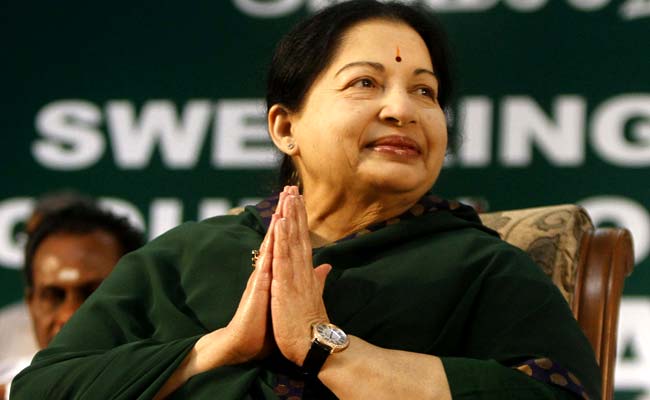
CHENNAI:
As she took oath in May 2015 wearing a green sari - she believed it was her lucky colour - other ministers who took their oath prostrated themselves before her on stage - a sign not uncommon in her party.
Ms Jayalalithaa, a former movie star, served four times as Chief Minister, alternating in office with her arch-rival, M Karunanidhi, who heads the DMK. But earlier this year, she broke that pattern with a decisive win - for the first time in over three decades, an incumbent Chief Minister was re-elected, a tribute to her hold over Tamil Nadu.
Demonstrations of sycophancy were not just tolerated but encouraged by her, said Ms Jayalalithaa's critics. She was also controversial for off-the-charts extravagance and lavish spending on her homes and, controversially, the wedding of her foster son, whose aunt, Ms Natarajan, lived with her and was also tried for graft.
After acting in more than 100 films, Ms Jayalalithaa rose to political leadership with the backing of MG Ramachandran, her co-star who founded the AIADMK. After his death, she became its chief in 1988.
In a state where the two main political parties have for years used vast freebies to endear themselves to voters, Ms Jayalalithaa dialled up the paradigm drastically in recent years through a slew of giveaways that included laptops and food processors and a series of offerings named after her; subsidized meals including Rs. 1 idlis at the incredibly popular Amma canteens and discounted Amma-branded mineral water, salt, seeds and even medicines.She was 68, immensely powerful and popular
Was called "Amma", served four terms as Chief Minister
J Jayalalithaa, the Chief Minister of Tamil Nadu and one of India's most powerful and popular politicians, died on Monday in a Chennai hospital, nearly three months after she was admitted there. She was 68.
Ms Jayalalithaa had a cardiac arrest on Sunday evening and was rushed back to the Intensive Care Unit or ICU. Barely two weeks ago, after doctors and her party said she was fully recovered from a respiratory illness, she was moved from the critical care unit to a private room kitted out with emergency equipment.
Just hours before her cardiac arrest, Ms Jayalalithaa's party, the AIADMK, said she would soon decide when to return home. This morning, a party spokesperson said that she was improved after a heart procedure. Both claims were denied later by
Apollo, reflecting a pattern of the hospital and party offering divergent views of her condition, with the AIADMK skewing towards an exaggeratedly optimistic appraisal.
Apollo, reflecting a pattern of the hospital and party offering divergent views of her condition, with the AIADMK skewing towards an exaggeratedly optimistic appraisal.
However, on November 20, in the clearest sign that they believed she was no longer in danger, doctors said Ms Jayalalithaa had been relocated from the Intensive Care Unit. They also said she was speaking and was alert. Her party said she was directing important decisions from hospital including on a water dispute with neighbouring Tamil Nadu. Throughout, there was no comment from Ms Jayalalithaa's closest companion, Sasikala Natarajan, who has cohabitated with the Chief Minister for years.
When the Chief Minister was first hospitalised in September, her party said it was for dehydration and fever. It soon became clear that her illness was far more serious. She spent weeks on respiratory support, with specialists arriving from London and Delhi to monitor her. The rolodex of VIPs that visited hospital to check on her included Congress leader Rahul Gandhi and senior union ministers.
For the centre and her own government, an over-riding concern apart from her health was the drafting of a contingency plan to prevent riots if her health deteriorated. Known as "Amma" or "mother" to lakhs of supporters, Ms Jayalalithaa's incredible popularity was often worryingly exhibited through dramatic fans prone to self-harm and violent attacks on public property when things went against her.
The scenes that unfolded after her arrest in 2014 in a case of corruption included hundreds of supporters shaving their heads, a ritual associated with mourning. Outside jail, women stood wailing and clutching their heads and beating their chests. From within prison, the Chief Minister appealed for calm and restraint after people set buses on fire in anger. More than 200 people committed suicide to protest her imprisonment, according to her party at the time.
In 2014, she was convicted for misusing an earlier term in office in the 1990s to accumulate cash and property that could not be accounted for with her declared income - she had claimed her salary at that time was a token one rupee. Her trial took place in neighbouring Karnataka, where the case, filed by rival party, the DMK, had been moved to ensure it was not influenced by her power. Nine months later, she was acquitted and she returned triumphant to her home state to be reinstated as Chief Minster.
No Comments For This Post, Be first to write a Comment.
Most viewed from National
Most viewed from World
AIMIM News
Latest Urdu News
Most Viewed
May 26, 2020
Which Cricket team will win the IPL 2025 trophy?
Latest Videos View All
Like Us
Home
About Us
Advertise With Us
All Polls
Epaper Archives
Privacy Policy
Contact Us
Download Etemaad App
© 2025 Etemaad Daily News, All Rights Reserved.

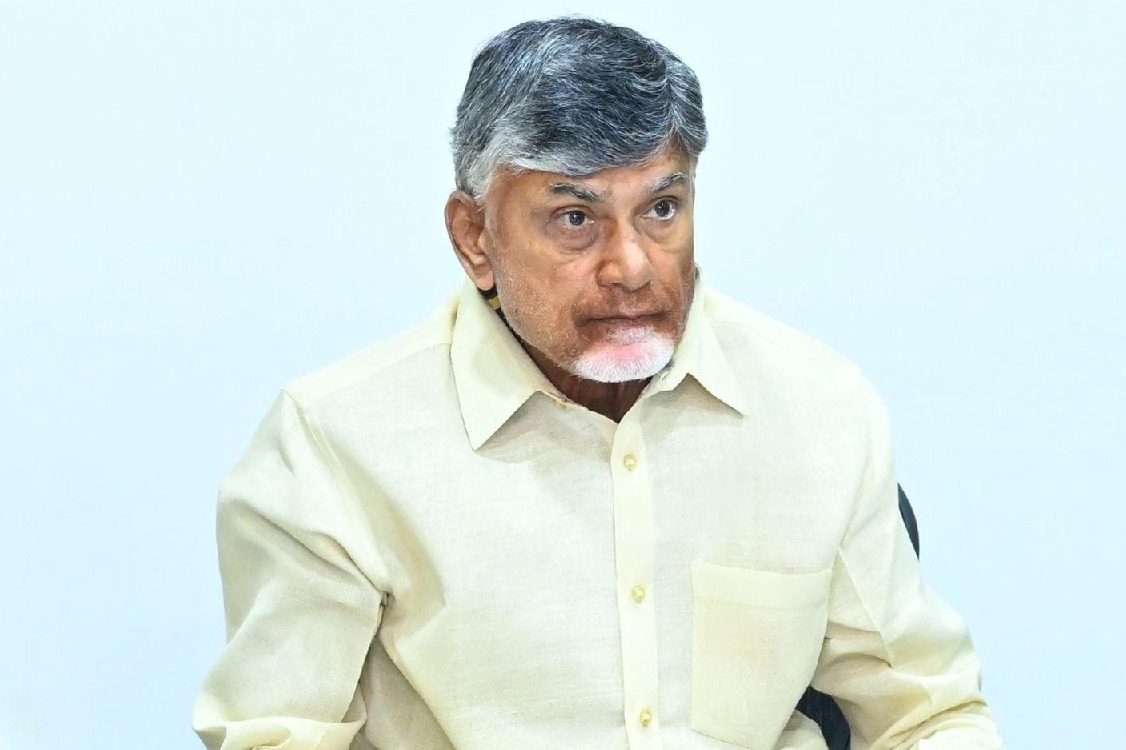
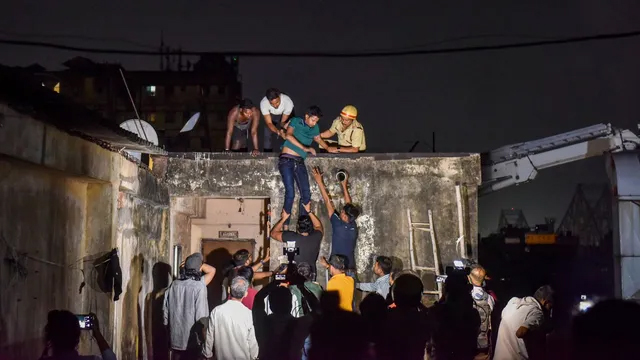
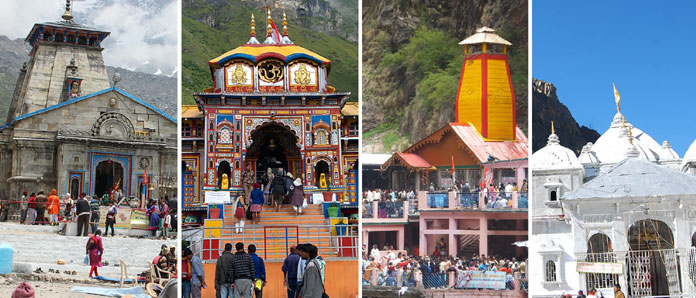
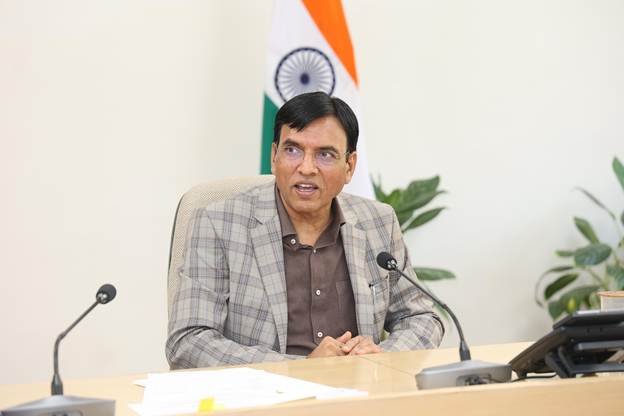
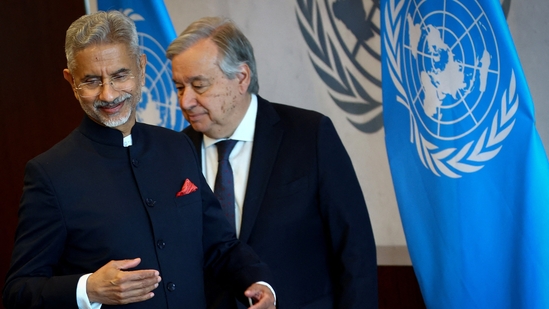
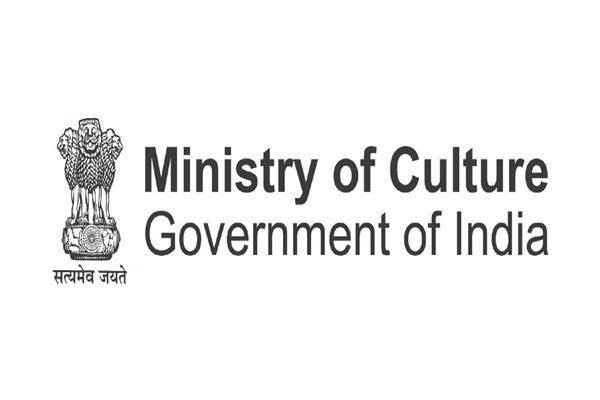
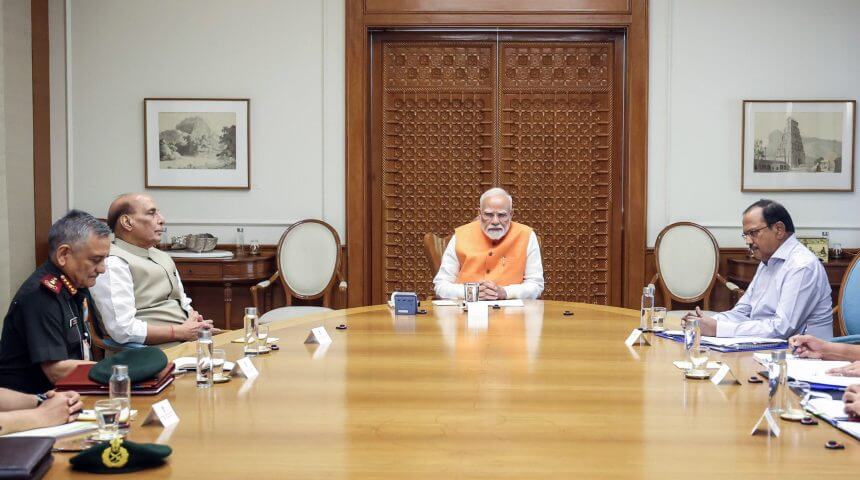
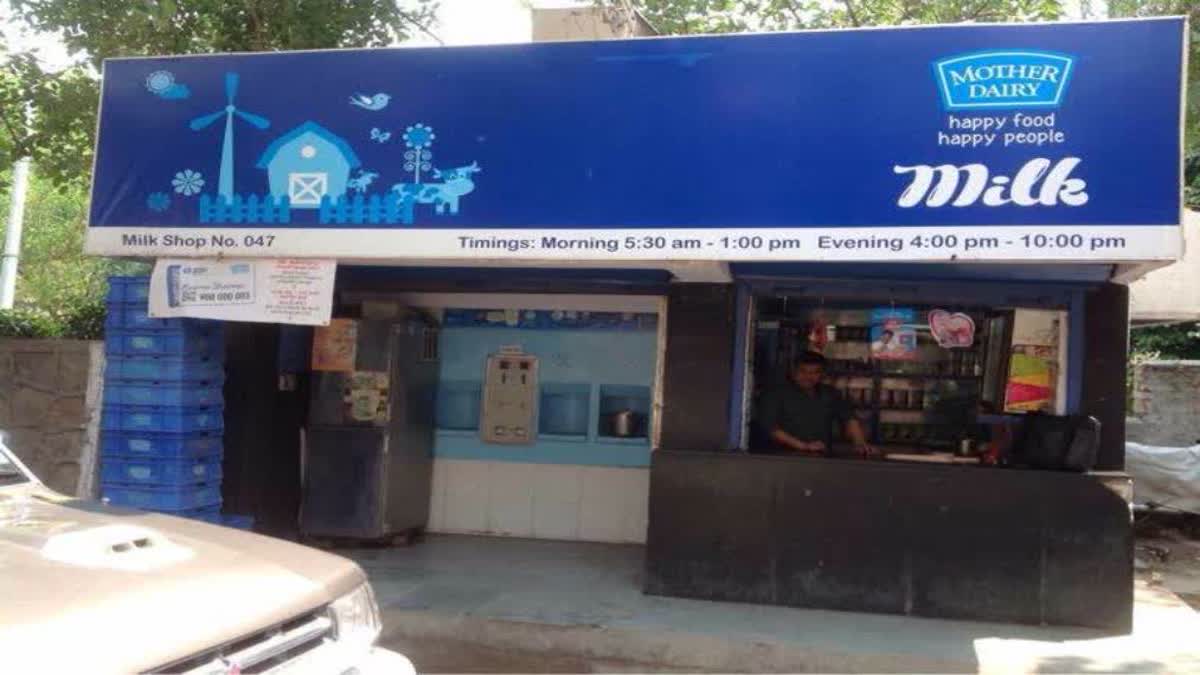
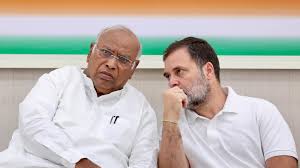
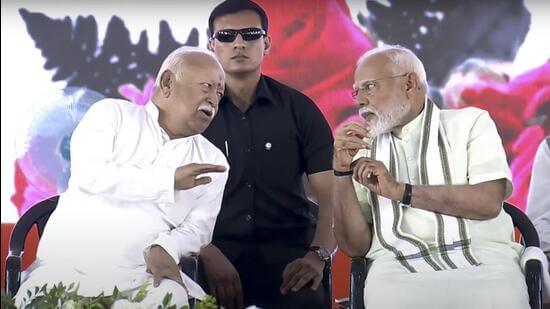
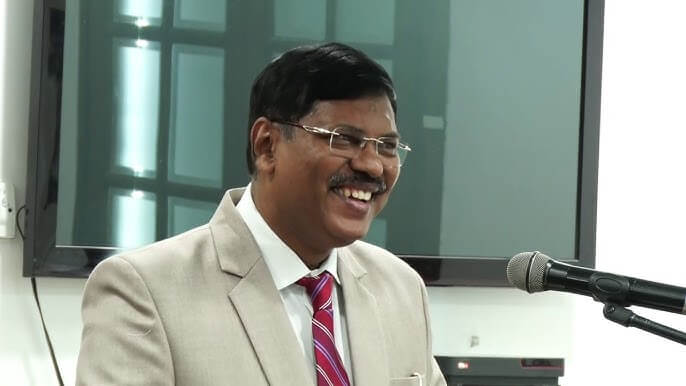
.jpg)
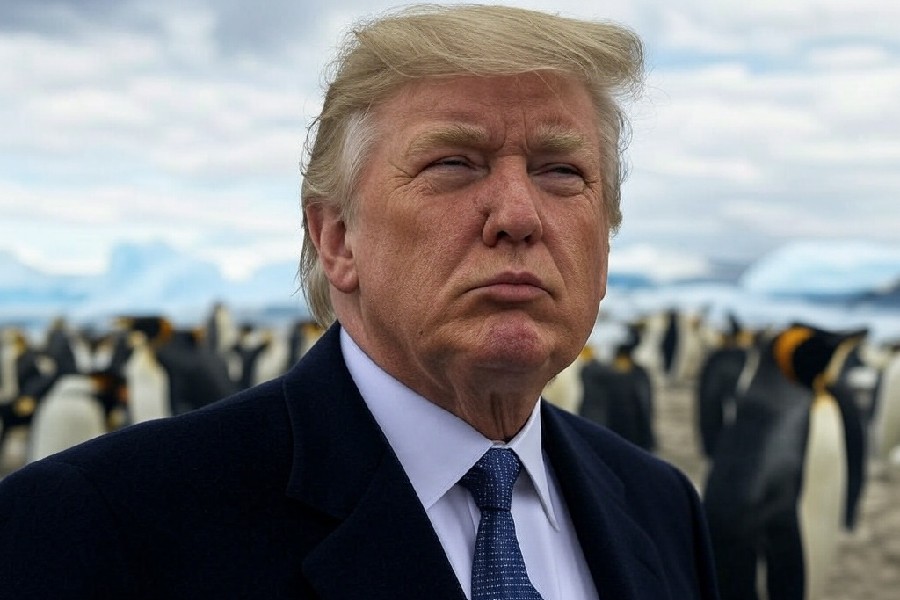
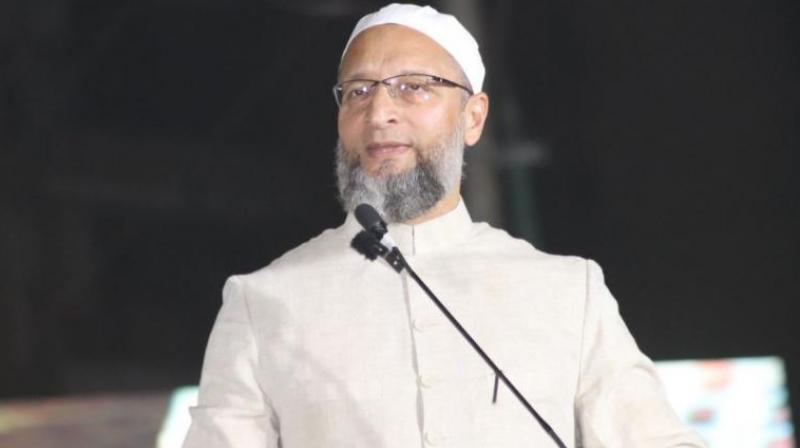

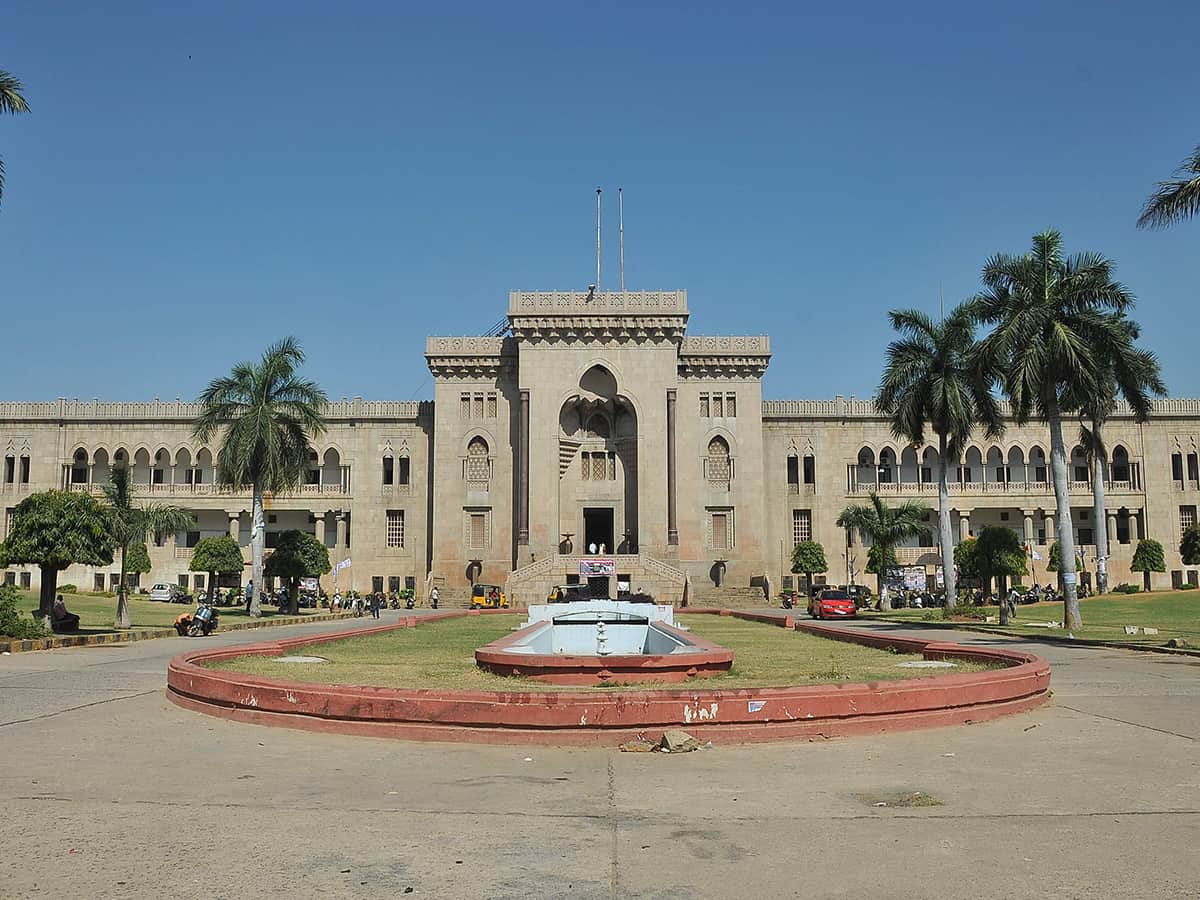
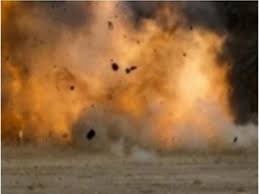
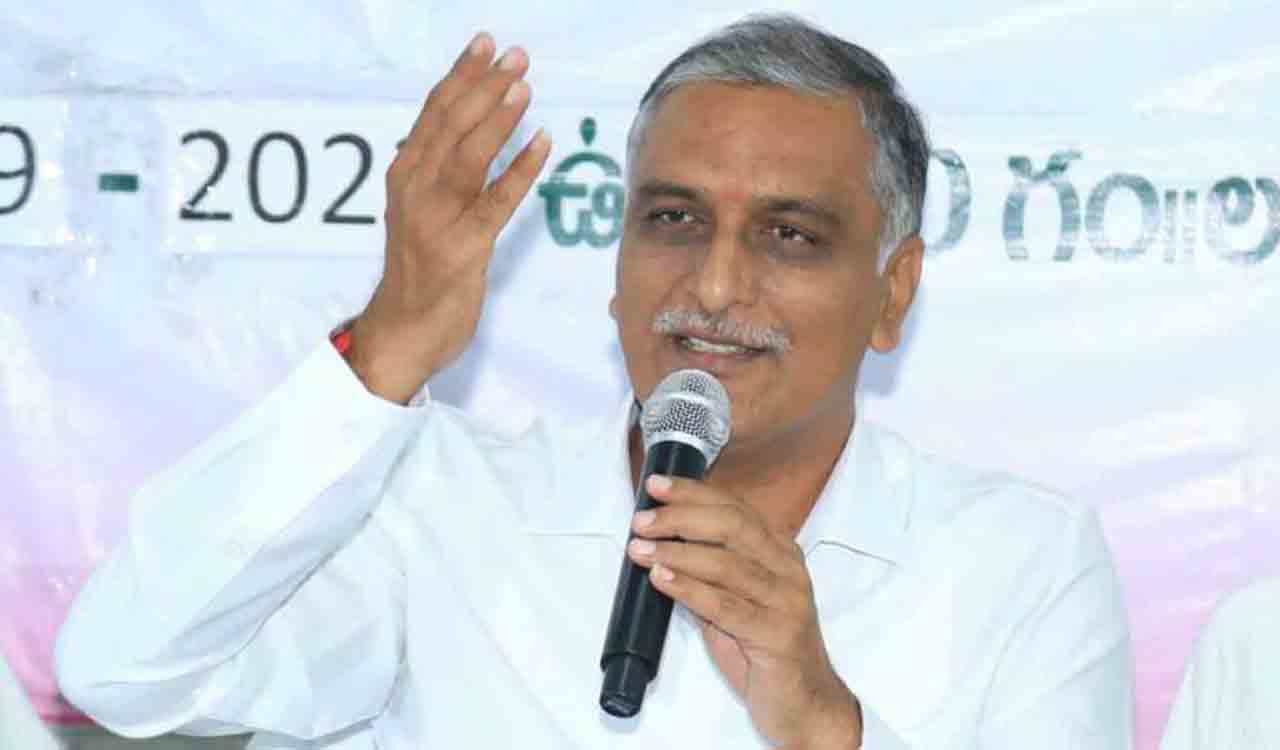
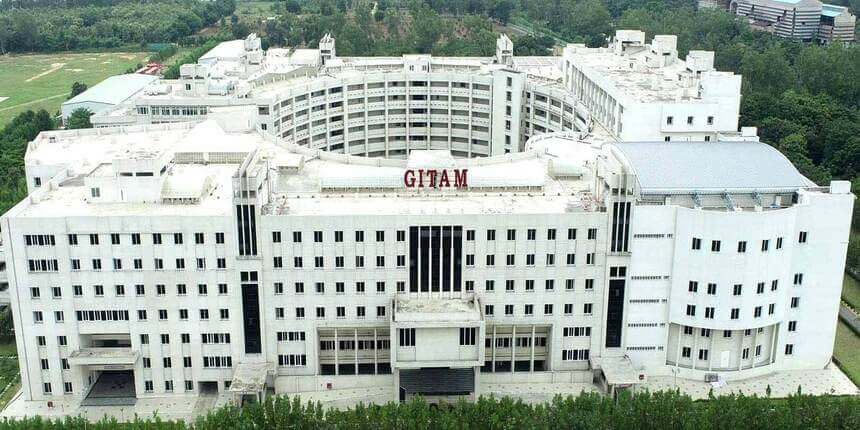
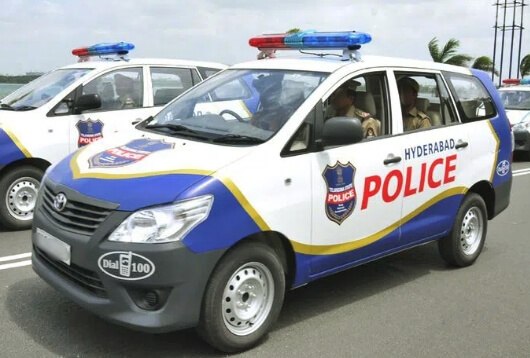
.jpg)
.jpg)
.jpg)

















